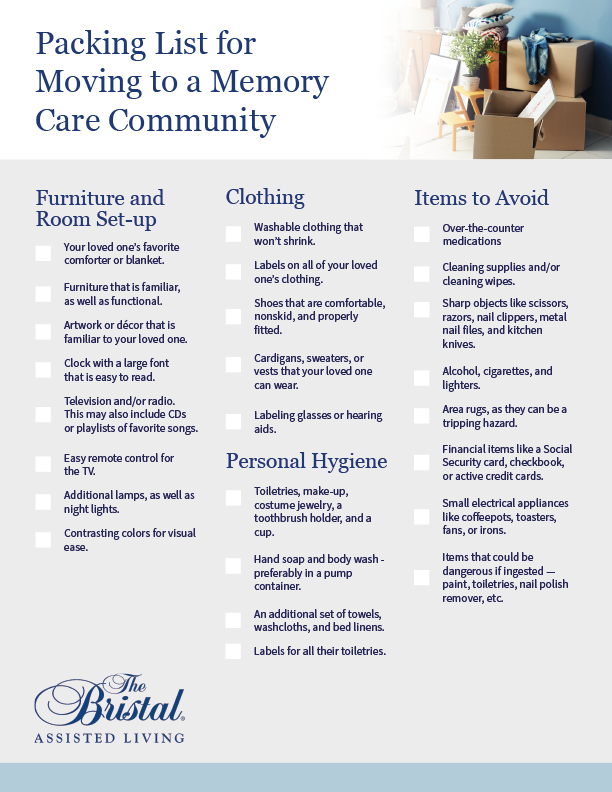Relied On Support and Compassionate Services for Alzheimers Care Charlotte
Relied On Support and Compassionate Services for Alzheimers Care Charlotte
Blog Article
Professional Tips for Providing Top quality Alzheimer's Treatment at Home
Taking care of a specific with Alzheimer's disease in your home presents unique challenges that need both understanding and critical preparation. Establishing an organized everyday routine, improving communication abilities, and developing a risk-free environment are vital elements of effective caregiving. Additionally, caretakers need to not overlook the value of looking for exterior assistance and sources to maintain their own health. As we explore these professional ideas additionally, it ends up being clear that a thoughtful method can significantly influence the quality of life for both the caretaker and the private receiving care. What details methods can be carried out to ensure an encouraging environment?
Understand Alzheimer's Disease
Alzheimer's condition, a dynamic neurodegenerative disorder, exceptionally affects cognitive feature and everyday living tasks. It largely influences memory, believing, and behavior, causing a gradual decrease in the abilities essential for independent living. Early signs and symptoms often include forgetfulness, difficulty in problem-solving, and difficulties in completing acquainted tasks. As the condition advances, individuals might experience disorientation to time and location, impaired judgment, and changes in state of mind and individuality.
The etiology of Alzheimer's is complex, including the buildup of amyloid plaques and tau tangles in the brain, which interrupt neuronal interaction and bring about cell death. Risk variables include age, genetics, and way of life selections, with most of situations happening in individuals over 65. Awareness of these elements is crucial for caregivers, as recognizing the problem can facilitate much better support and treatment approaches.
Additionally, Alzheimer's condition not only impacts the specific but also has substantial emotional and logistical effects for households. Recognizing the stages of the condition enables caretakers to expect difficulties and adjust their technique, making sure that the needs of those impacted are consulted with empathy and understanding. This foundational understanding is essential for advertising high quality treatment in the house.
Establish a Routine
Creating an organized day-to-day regimen can significantly enhance the top quality of life for people coping with Alzheimer's illness. Developing constant patterns aids to reduce complication and anxiousness, supplying a complacency and experience. A day-to-day routine ought to include routine times for meals, activities, and rest, which can assist individuals anticipate what to anticipate throughout the day.
Including easy, familiar tasks into the regimen can promote a feeling of achievement and self-reliance. Activities like gardening, food preparation, or perhaps basic family chores can be valuable. It is necessary to customize these tasks to the individual's abilities and interests, making sure involvement without stress.
Moreover, versatility within the regimen is key. While uniformity is essential, permitting for changes based upon the individual's mood or energy levels can aid keep a favorable ambience. Motivate involvement in social interactions, whether through household sees or community activities, as these can provide excitement and link.
Enhance Interaction Abilities
Effective interaction is vital for keeping significant links with people dealing with Alzheimer's disease. As cognitive capabilities decline, traditional discussion may end up being challenging. For that reason, caretakers should adjust their communication strategies to cultivate understanding and connection.

Program authentic rate of interest by preserving eye contact and nodding to acknowledge their thoughts or sensations. Rather, verify their feelings and redirect the conversation carefully if required.
Using aesthetic aids, such as pictures or created reminders, can likewise improve understanding. Urge engagement in activities that boost conversation, such as recollecting regarding past events or looking through picture cds.
Produce a Safe Atmosphere
An encouraging atmosphere plays a significant function in the well-being of individuals with Alzheimer's disease. Producing a safe home setting is necessary to lessen dangers and improve the lifestyle for both the individual and their caretakers. Begin by analyzing the space for potential dangers. Get rid of stumbling risks such as loose rugs, electrical cables, and mess. Guarantee that paths are well-lit and clear to avoid falls.
Mount safety and security locks on windows and doors to protect against wandering, which is an usual issue in Alzheimer's people. Furthermore, consider using non-slip mats in washrooms and set up grab bars for added assistance. Labeling areas and important things can help individuals navigate their surroundings much more easily.
Emergency contacts need to be plainly published near phones, and a clinical sharp system can supply peace of mind. Take into consideration utilizing childproofing steps for sharp things and unsafe compounds. Frequently check smoke alarm and carbon monoxide gas alarm systems to ensure they are functioning. In general, tailoring the home environment to the unique demands of the specific with Alzheimer's not just promotes safety and security yet also urges independence and convenience.
Seek Assistance and Resources
Accessing assistance and sources is vital for caregivers and people facing the challenges of Alzheimer's condition. Caregiving can be overwhelming, both literally and mentally, and it is necessary for caregivers to seek help to keep their well-being and provide top quality care.

In addition, exploring reprieve treatment options can afford caregivers much-needed breaks, enabling them to recharge and minimize fatigue. This might consist of grown-up day programs or at home care services. Economic help programs might likewise be readily available to help offset the costs of care.

Verdict
In recap, supplying top quality Alzheimer's treatment at home necessitates a complex method. Recognizing the complexities of the condition, establishing an organized routine, boosting communication skills, developing a secure setting, and seeking assistance from available sources collectively add to boosted caregiving experiences. Executing these techniques not just cultivates a sense of self-reliance and success for people with Alzheimer's yet also eases caretaker anxiety, inevitably boosting the quality of life for both caregivers and those they support.
Caring for a specific with Alzheimer's condition at home presents one-of-a-kind obstacles that need both understanding Full Article and critical planning.In addition, Alzheimer's illness not just influences the private but additionally has substantial emotional and logistical implications for families.Developing a structured day-to-day routine can considerably improve the top quality of life for people living with Alzheimer's disease.Effective interaction is necessary for keeping purposeful connections with people living with Alzheimer's condition. Alzheimers Care Charlotte. Executing these approaches not only promotes a feeling of freedom and success for individuals with Alzheimer's yet also alleviates caretaker tension, inevitably boosting the top quality of life for both caregivers and those they support
Report this page